Province's major economic indicators also outperform national average
Hebei province will further support its cities Langfang and Zhangjiakou in their efforts to become national leaders in computing capacity, accelerating the transformation of their development advantages into new productive forces, the province's top official said.
Wang Zhengpu, governor of Hebei, made the remarks on Monday while presenting the province's government work report at the opening ceremony of the third plenary session of the 14th Hebei Provincial People's Congress.
The session is part of the province's local "two sessions", the annual meetings where lawmakers and political advisers discuss last year's socioeconomic development achievements and outline plans for the year ahead. The local two sessions in Hebei began on Sunday and will conclude on Thursday.
According to the report, the province's comprehensive computing power index has climbed to the top position nationwide. The index evaluates performance across various areas, including computing capacity, storage capacity, network transmission capability and the development environment, underscoring Hebei's significant progress and leadership in these fields.
"In the digital economy era, computing power is becoming a new key productivity factor, much like electricity in the industrial age," said Qin Hongjun, a deputy to the Hebei Provincial People's Congress and chairman of the Hebei subsidiary of China Mobile Communications Group, during the local sessions.
Qin noted that technologies central to daily life and work such as intelligent search engines, mobile maps, smart homes and self-driving cars cannot function without sufficient computing power.
In terms of computing power infrastructure, Hebei had deployed over 3.9 million servers by the end of 2023, accounting for approximately 69 percent of the total computing power in use across the Beijing-Tianjin-Hebei region, according to Hebei Daily.
Among the province's cities, Langfang and Zhangjiakou have excelled in computing power development. By October 2024, 30 data center projects and 1.6 million servers had been constructed and put into operation in Zhangjiakou, achieving a computing power scale of approximately 22,800 petaflops.
A petaflop is a unit of computing performance; the higher the value, the greater the computing power. By December, Langfang had operationalized 32 data centers and 316,000 standard cabinets, reaching an intelligent computing power scale of 8,559 petaflops, according to Hebei Daily.
Beyond computing power, Hebei has achieved notable progress in other areas.
Summarizing 2024, Wang highlighted that the province's major economic indicators outperformed the national average.
Key achievements include an estimated GDP growth of 5.2 percent, total import and export growth of 6 percent, and per capita disposable income growth of 5.5 percent. Exports of electric vehicles, lithium batteries and photovoltaic products surged 97 percent, Wang said.
Looking ahead, Hebei plans to accelerate the development of emerging industrial clusters this year. The province will focus on strengthening industries such as integrated circuits, network security, biopharmaceuticals, power equipment and safety emergency equipment. The high-end equipment industry and the electronic information industry aim to reach scales exceeding 1.2 trillion yuan and 500 billion yuan, respectively, according to the government work report.








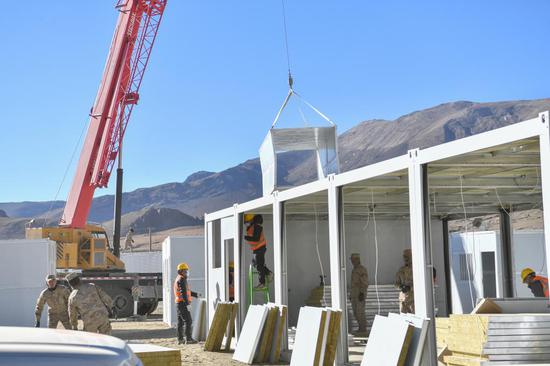








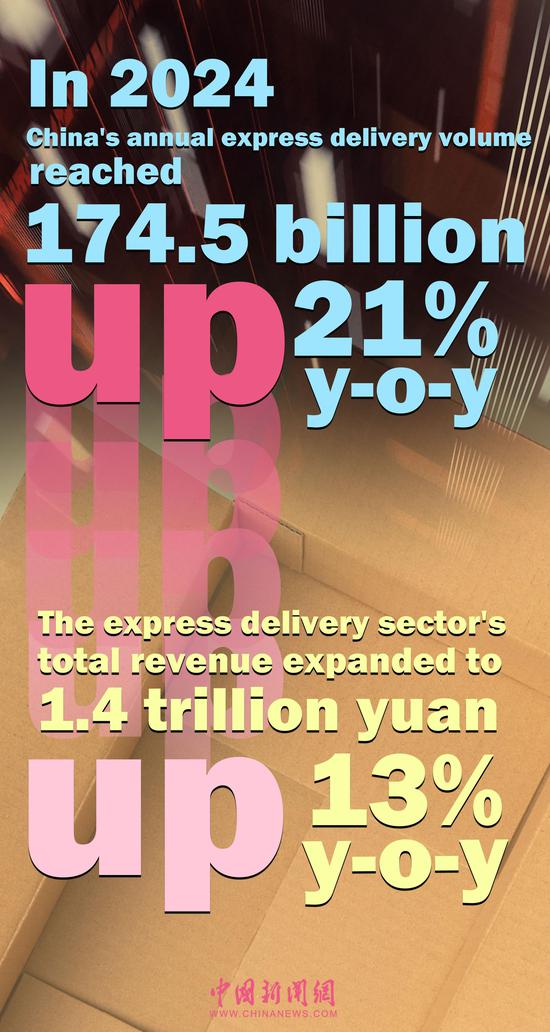














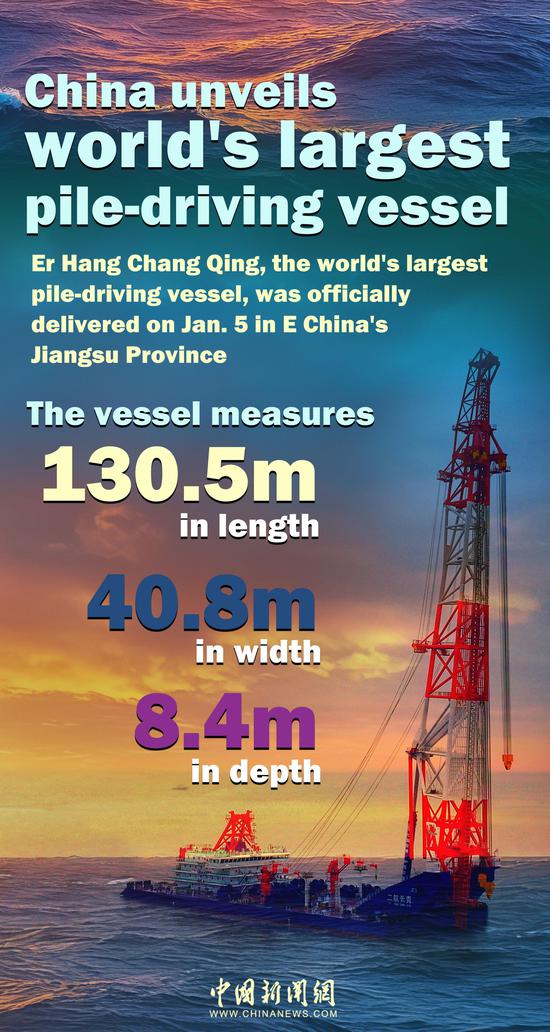







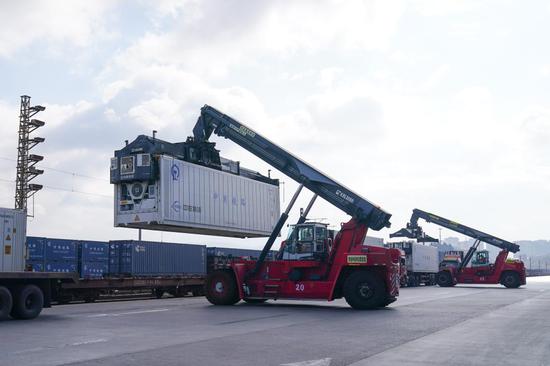
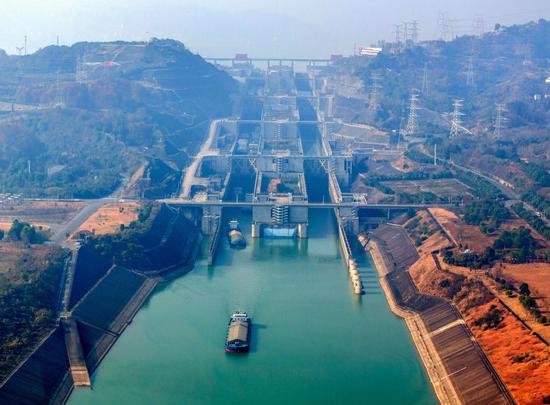








 京公网安备 11010202009201号
京公网安备 11010202009201号